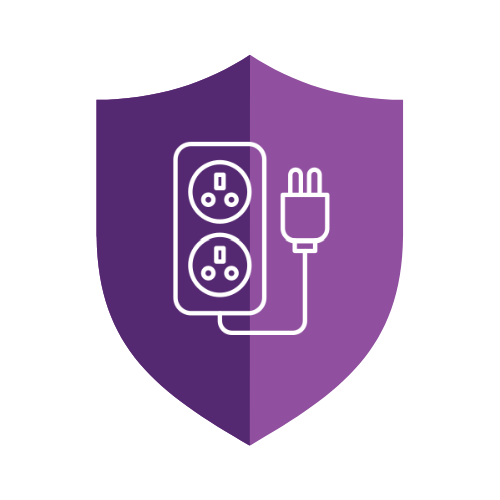Portable Appliance Testing (PAT)
Gas and electrical safety checks are part and parcel of life as a landlord. From your Energy Performance Certificate and boiler service, to the Gas Safety Certificate and the Electrical Installation Condition Report, there’s a lot to think about and plan to ensure that your compliance is exactly where it should be.
Portable Appliance testing (PAT) is another thing you’ll need to add to the list.

What is Portable Appliance Testing?
Portable Appliance Testing involves examining electrical equipment and appliances to make sure they don’t pose a hazard when in use.
Sometimes it’s obvious from simply looking at an appliance that there’s a defect, but the fact is that’s not always the case. That’s why PAT testing is the sure-fire way to provide your tenants and your property with the protection they need.
What is classed as a portable appliance?
Anything that can be unplugged from a supply of power and moved, no matter its size, is usually classed as a portable appliance. Everyday examples include:
- Kettles and toasters.
- Fridges and freezers.
- Washing machines and tumbles dryers.
- TV’s.
- Lamps.
Covering the basics – your duty as a landlord
At a basic level, your obligation as a landlord involves visually inspecting portable appliances for signs of wear and tear. This includes checking for:
✔️ Bent pins on a plug.
✔️ Exposed wires.
✔️ Loose screws or other loose parts of the appliance.
✔️ Burn marks on plugs.
✔️ Fraying to leads or cords.

Portable Appliance Testing – is it a legal requirement for landlords?
Whilst there’s no legal requirement for landlords to undertake PAT testing here in England and Wales, you are obliged under health and safety legislation to make sure that any electrical appliance that you supply under the tenancy doesn’t pose a risk.
PAT testing is a legal requirement in Houses in Multiple Occupation (HMOs).
Invest in best practice with Safe2
While PAT testing is not a legal requirement for private landlords, it is regarded as best practice. However, regulations differ for landlords providing portable appliances in an HMO and are legally required to conduct a PAT test.
To ensure that you’re doing everything you can to ensure the safety of your tenants, we’d always recommend that you have the electrical appliances in your rental properties PAT tested by a qualified electrician.
To really go the extra mile, and set standards that set you apart, you may want to have any electrical appliances that your tenants bring into your rental properties tested at the same time. That way you can ensure not only the safety of your tenants, but also reduce the risk of damage to your property too.

